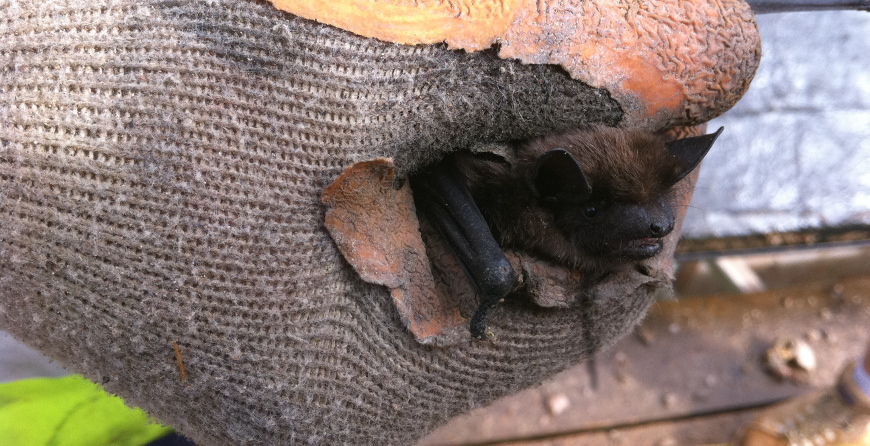Wildlife Licence charges
The legislation to enable Natural England to charge for licences has been signed by the Minister and is being scrutinised by Parliament. If approved, the legislation will come into force in October.
Natural England are working towards a phased implementation of wildlife licence charges from the beginning of 2019, but this is still subject to confirmation. They will provide further detail for those who may apply for licences in the autumn once their plans are confirmed.
You can find more details here on the proposal to charge for wildlife licences.
Bat Mitigation Class Licence
Natural England has recently expanded the Bat Low Impact Class Licence (BLICL), WML-CL21. The licence has been renamed ‘Bat Mitigation Class Licence’ (BMCL) and important changes have been made to enable wider use of the licence.
The key changes are:
The licence now comprises four annexes which consultants can register for providing they meet the required criteria:
- Annex A is designed for use by ecologists who work solely in northern counties of England for whom it was previously difficult to meet the registration criteria for BLICL. It covers a restricted range of bat species: common and soprano pipistrelle and brown long eared bat, and has revised experience requirements.
- Annex B is the same as the former BLICL and can be used throughout all counties in England.
- Annex C permits low impacts upon certain types of serotine bat roosts in named southern counties.
- Annex D permits low impacts on certain types of lesser horseshoe bat roosts in named south western counties.
Richard Green is registered to use Annexes B, C & D, so we can register sites for lesser horseshoe and serotine low value roosts, as well as the other ‘common’ species.
For more information about the Bat Mitigation Class Licence and to apply please visit Gov.uk.

